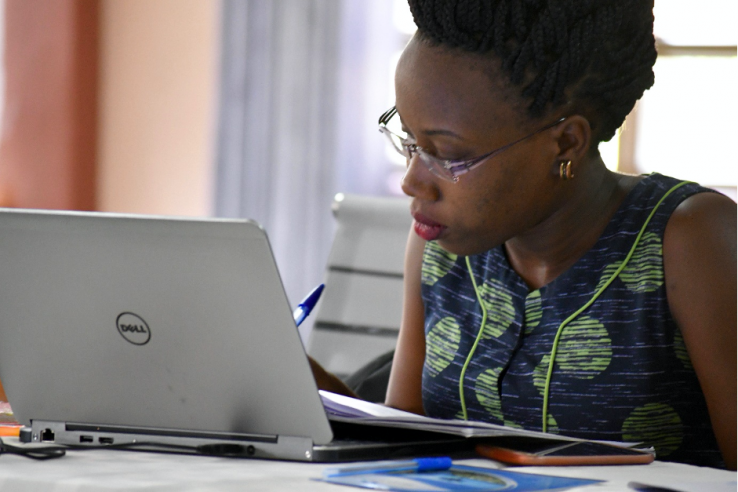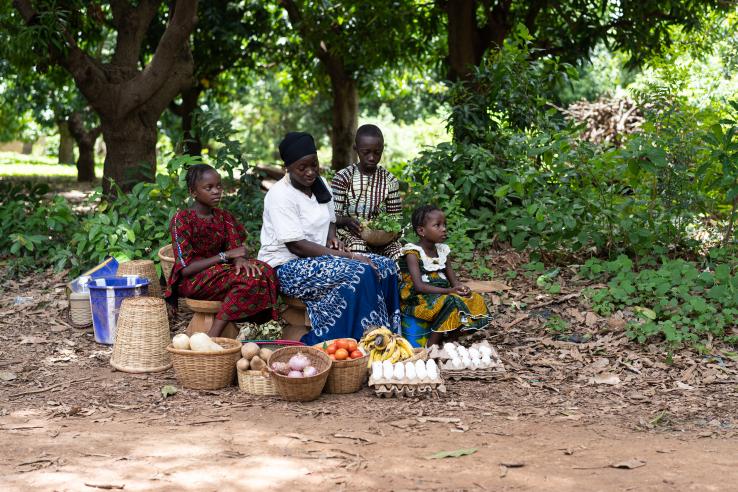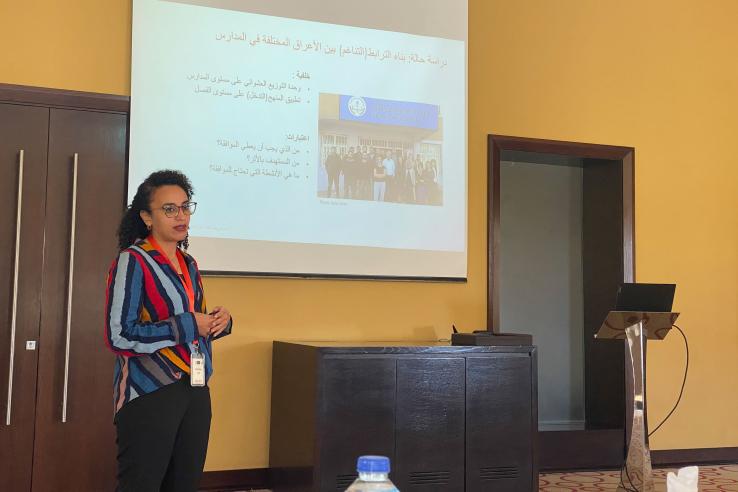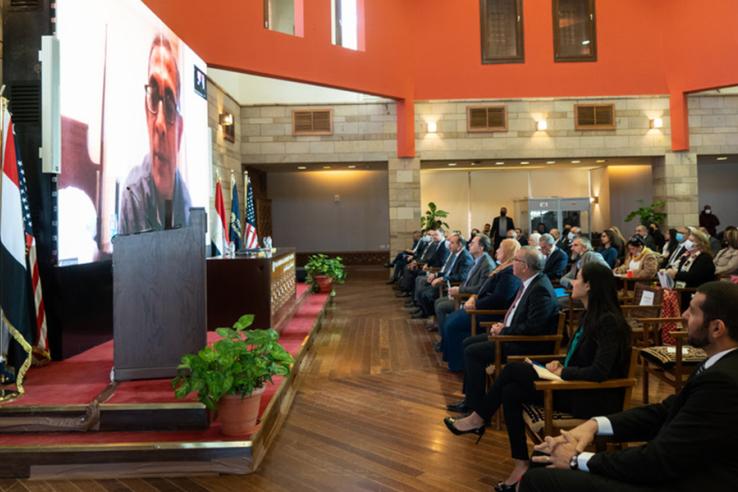Displaying 3976 - 3990 of 8176
Event
This five-day course on evaluating social programs will provide a thorough understanding of randomized evaluations and pragmatic step-by-step training for conducting one’s own evaluation.
Blog
The effects of climate change will worsen over the next thirty years and will disproportionately impact the world’s poorest people in many ways. In recognition of Earth Day 2022, we're highlighting how food systems, food security, and nutrition are particularly vulnerable to climate impacts.
Blog
John Tebes is a former research analyst for Amy Finkelstein at J-PAL North America. Now, as an economics PhD candidate at Harvard and an incoming Assistant Research Professor of Economics at Notre Dame, he researches how public policy can exacerbate or mitigate U.S. poverty traps. He reflects on his...
Blog
Rahma Ali is a former research manager at J-PAL Middle East and North Africa, where she was at the forefront of establishing the office’s research operations in Egypt and pushing forward randomized evaluations on employment and livelihood generation in the country. Now at Global TIES for Children at...
Update
J-PAL Updates
In the April newsletter, we highlight the launch of the Egypt Impact Lab, a new funding partnership in South Asia, and increasing access to school information in the US.
Person
Person
Person
Update
J-PAL Updates
In the May newsletter, we highlight the Economics Transformation Project, the impact of climate change on food security and nutrition, the Humanitarian Initiative Learning Agenda, and the professional journeys of J-PAL alumni.
Update
J-PAL Updates
In the March 2022 newsletter, we highlight evidence-informed ideas to improve gender equity in Latin America and the Caribbean, a new policy insight from J-PAL's Gender sector that identifies gender-specific barriers to learning, and a new evidence review from J-PAL North America which finds that...
Person
Person
Razan Amine is currently a Research Manager at the Abdul Latif Jameel Poverty Action Lab (J-PAL) where she manages a series of projects (Dream A Dream, Firms Relocation, PAD, Early Childhood Education and Development).
Person
Person
Person






